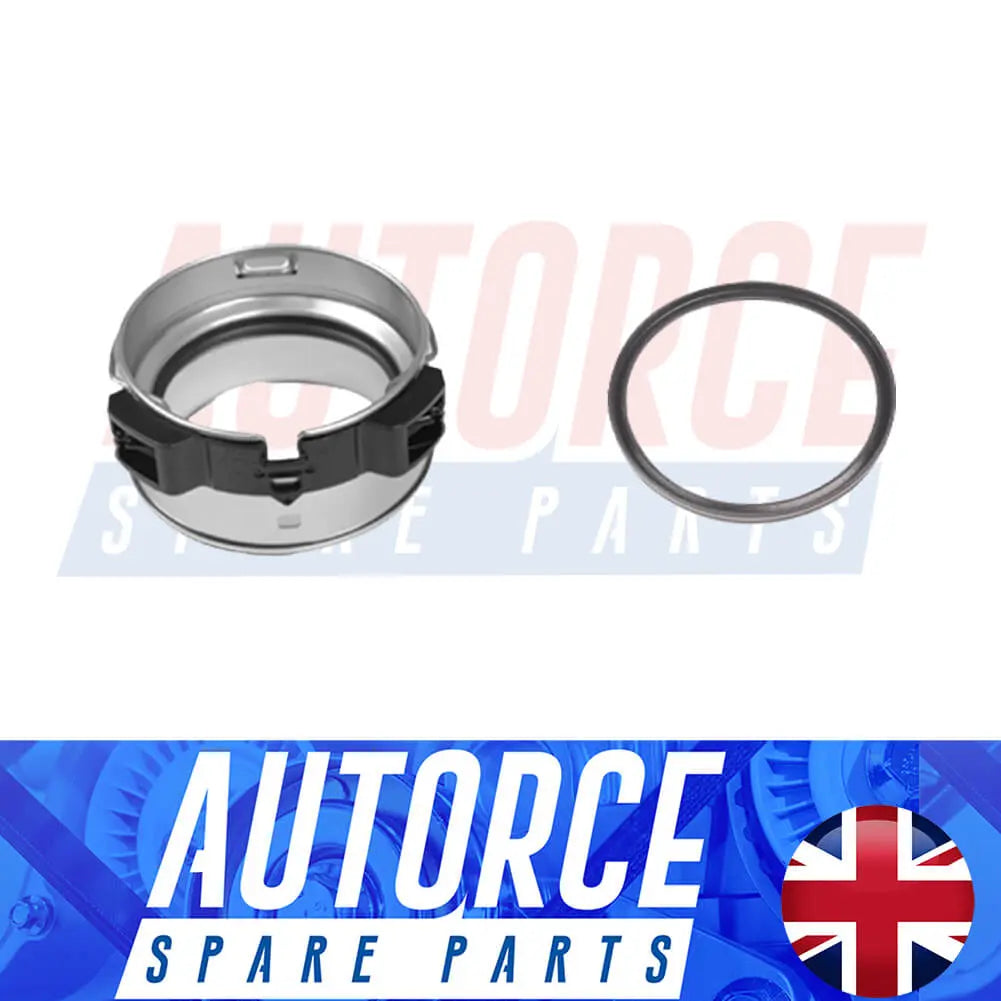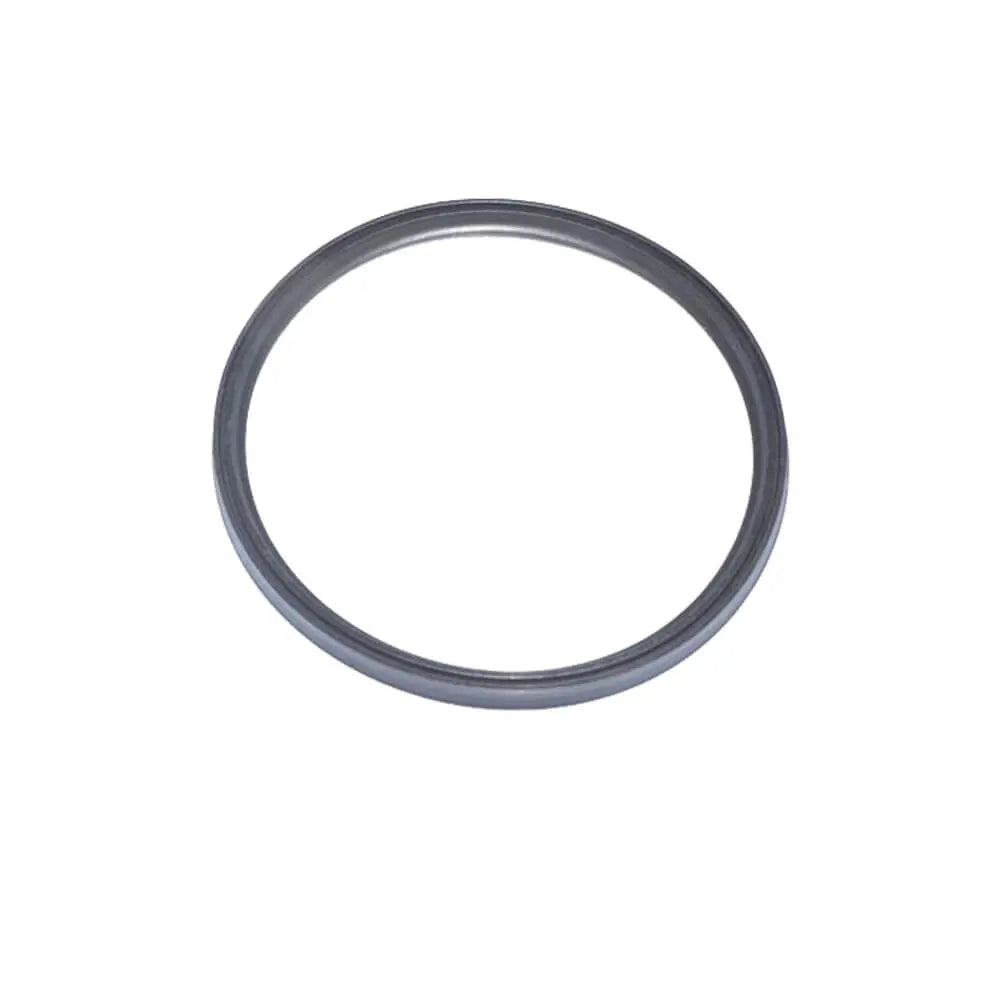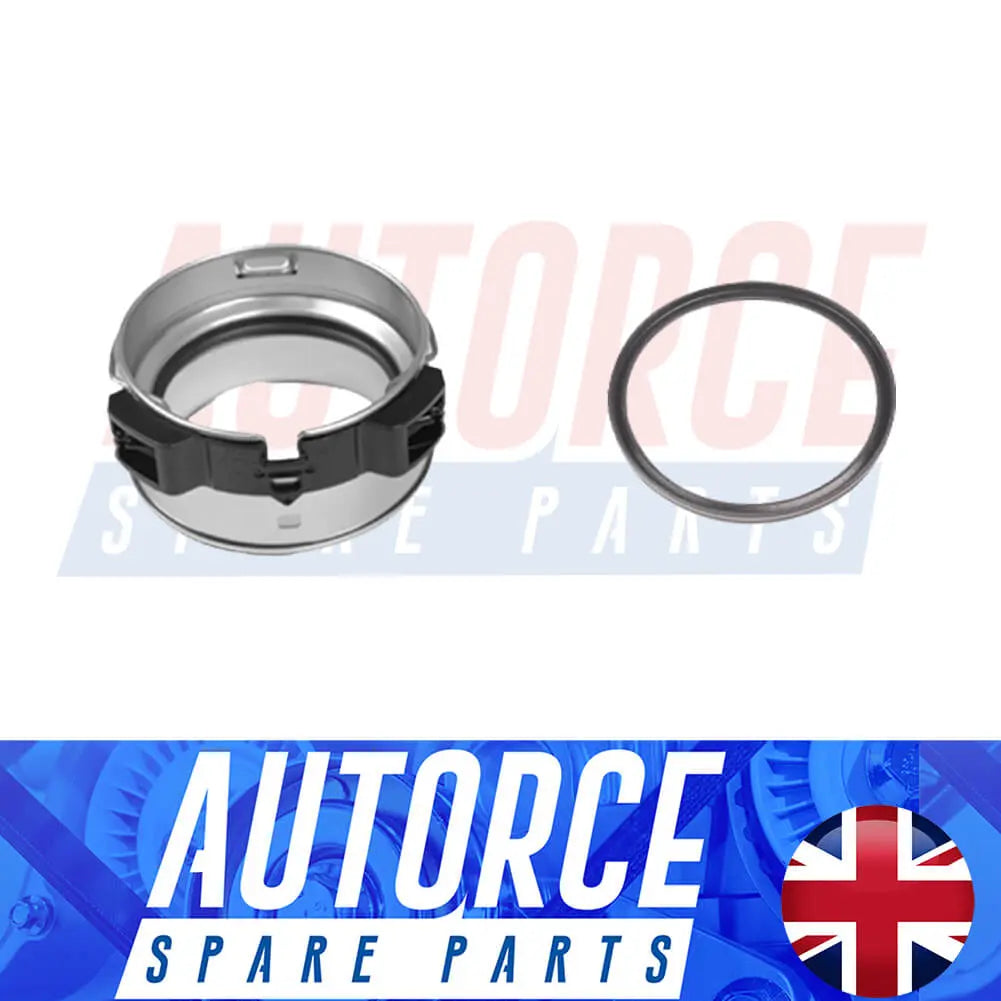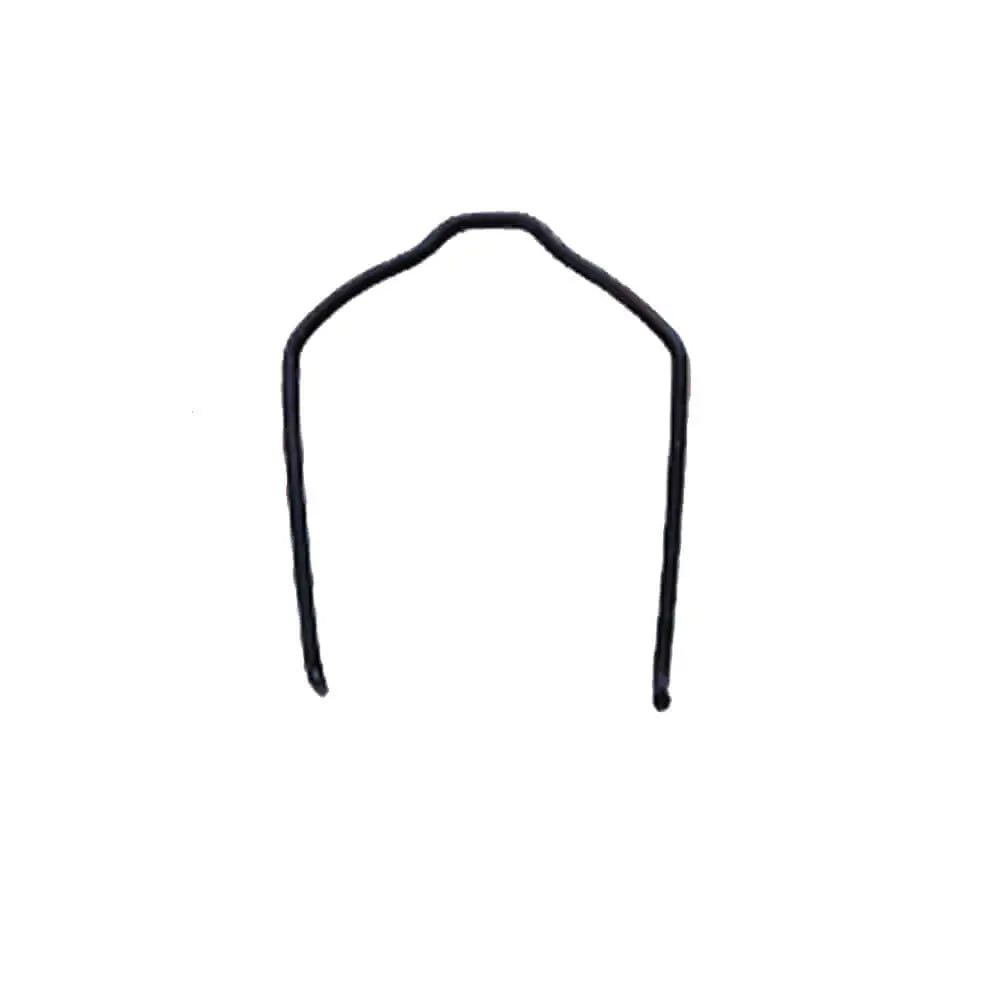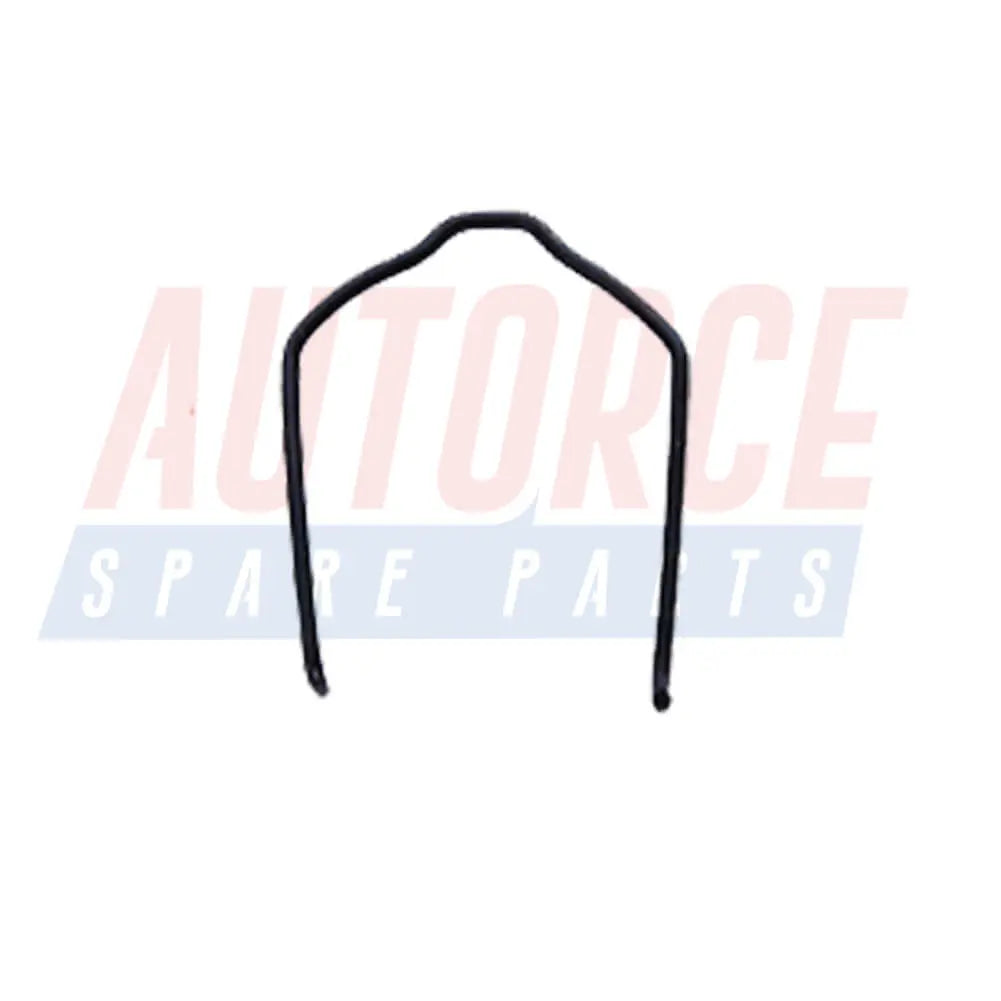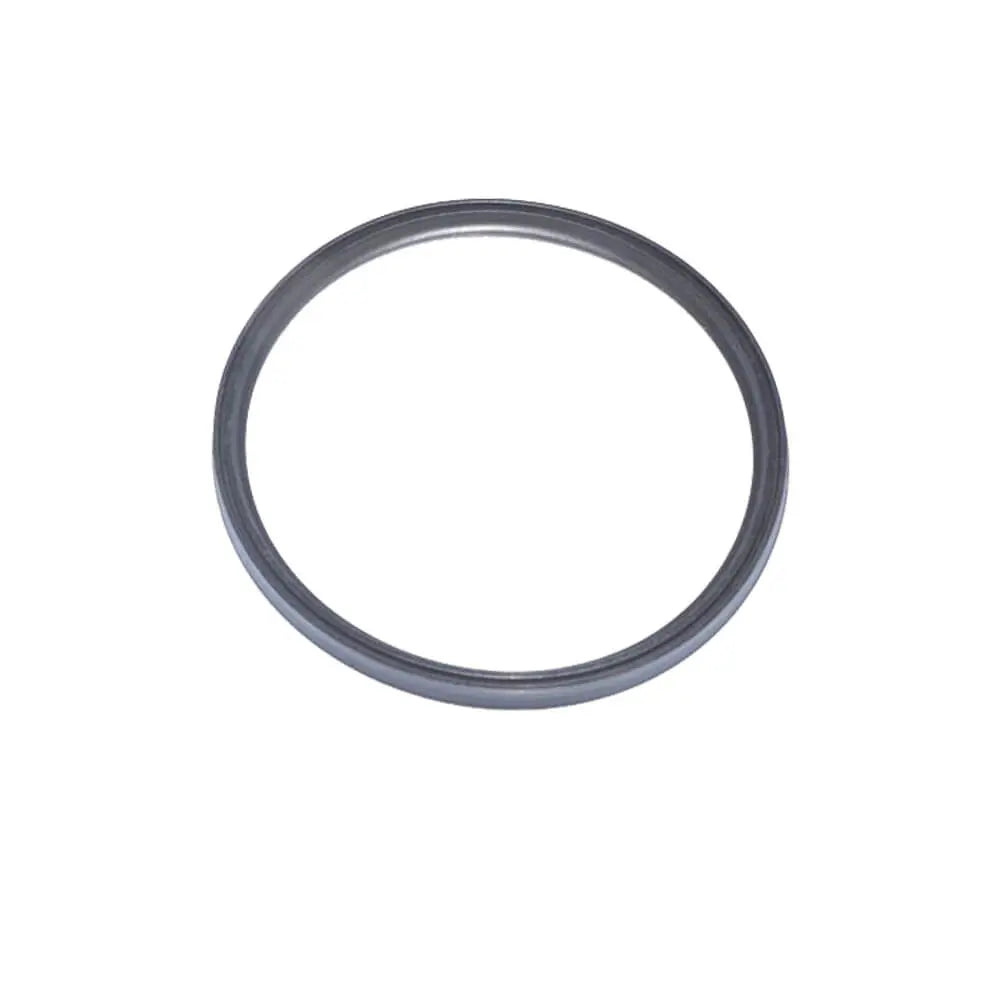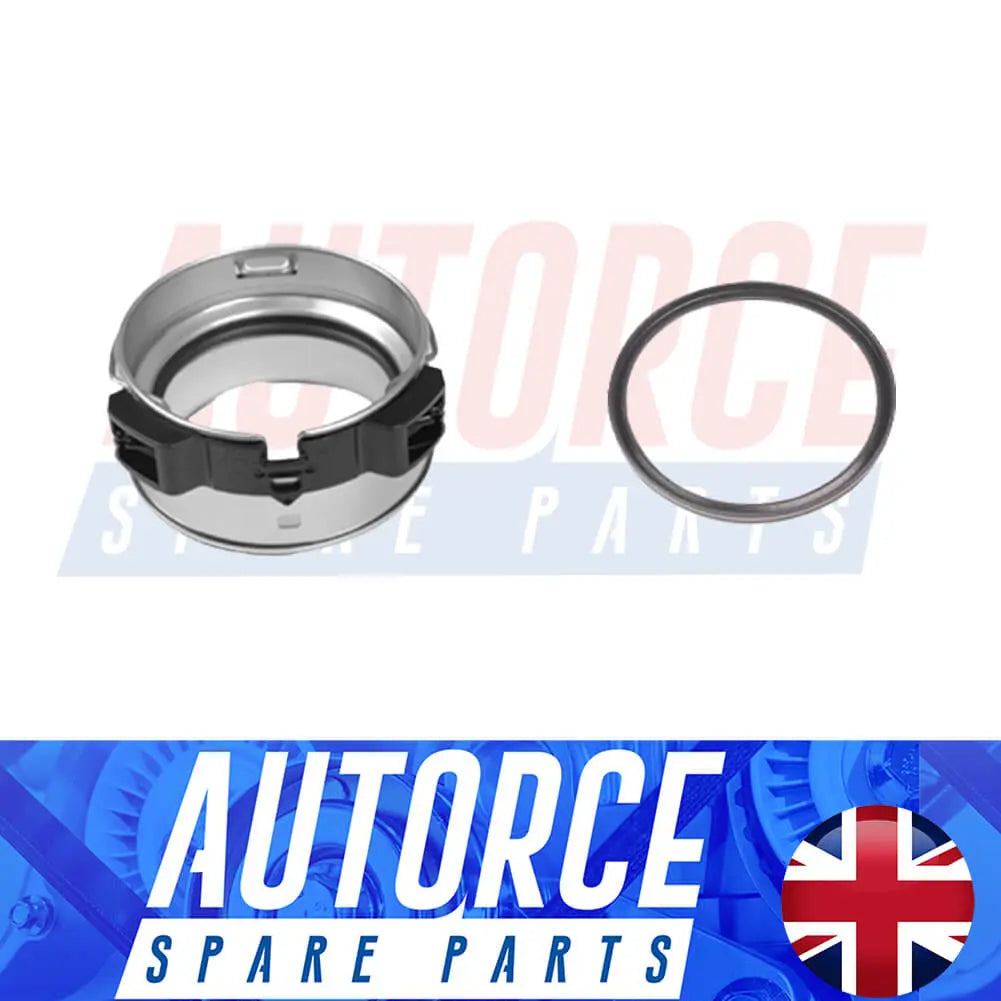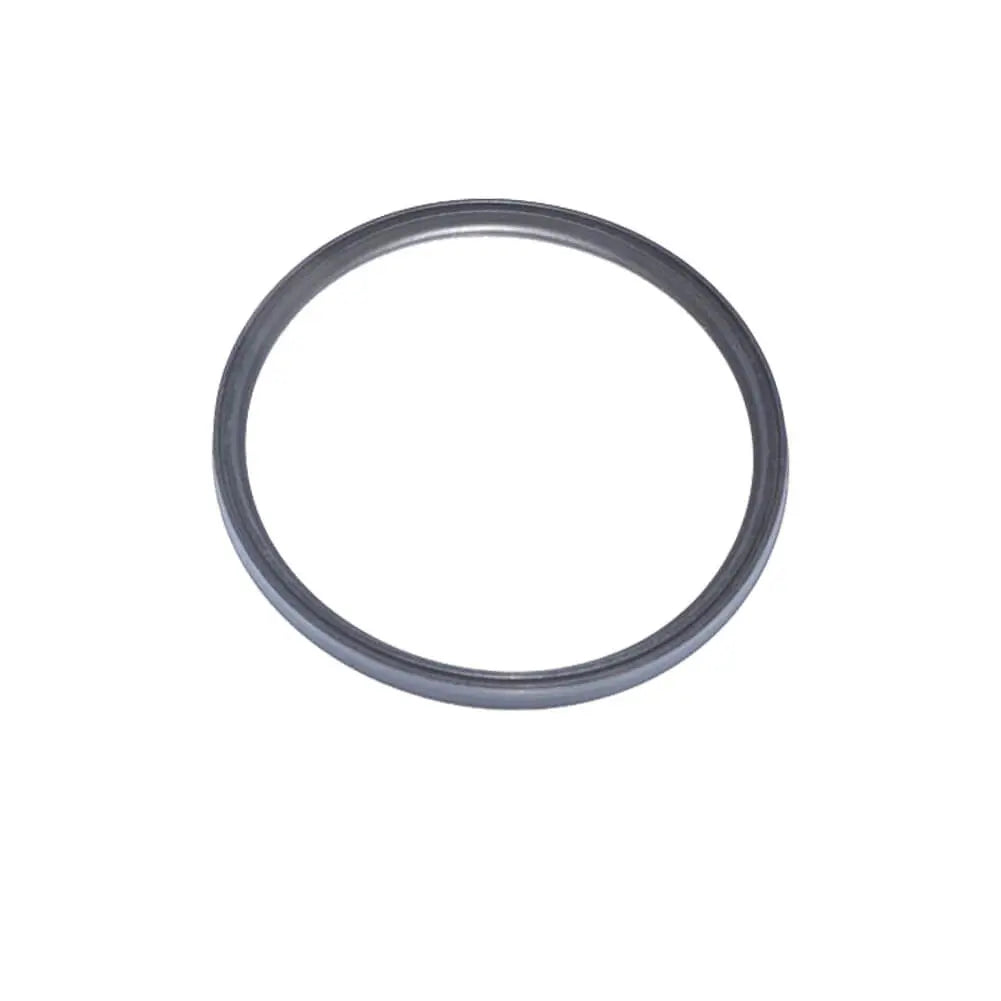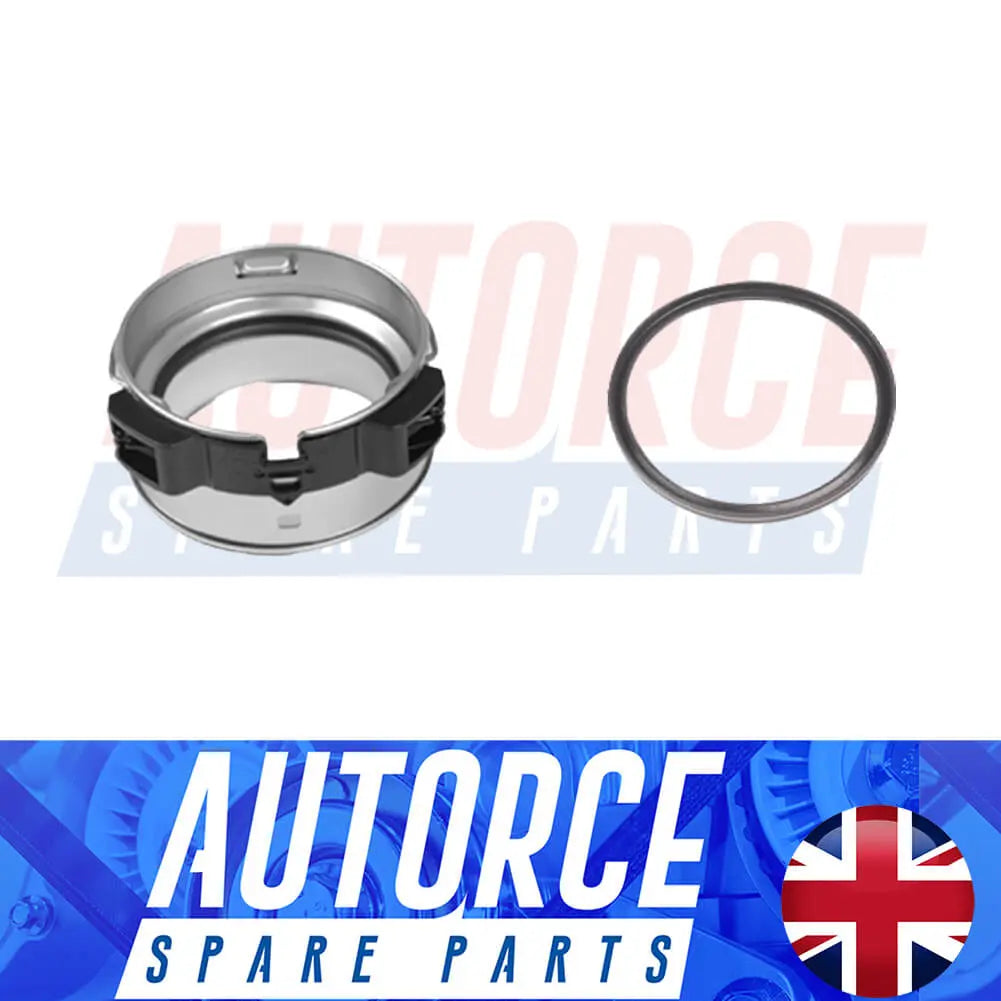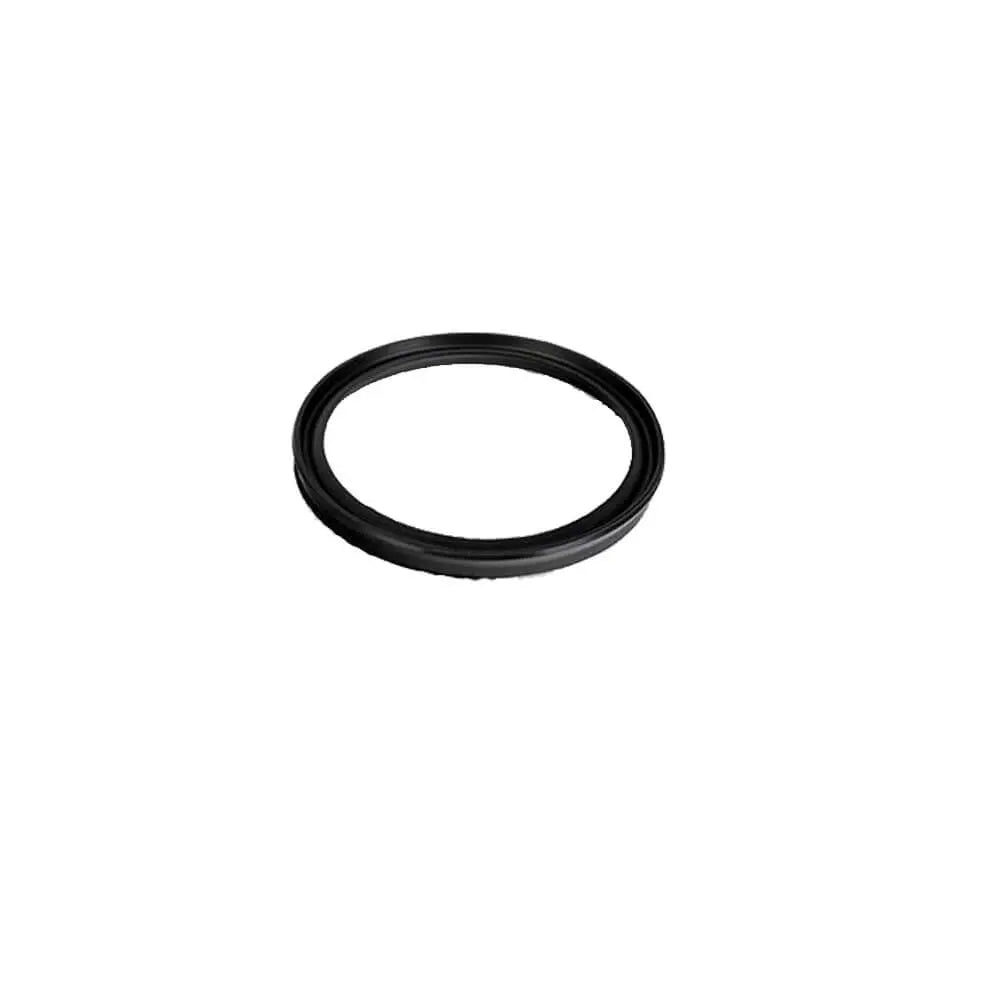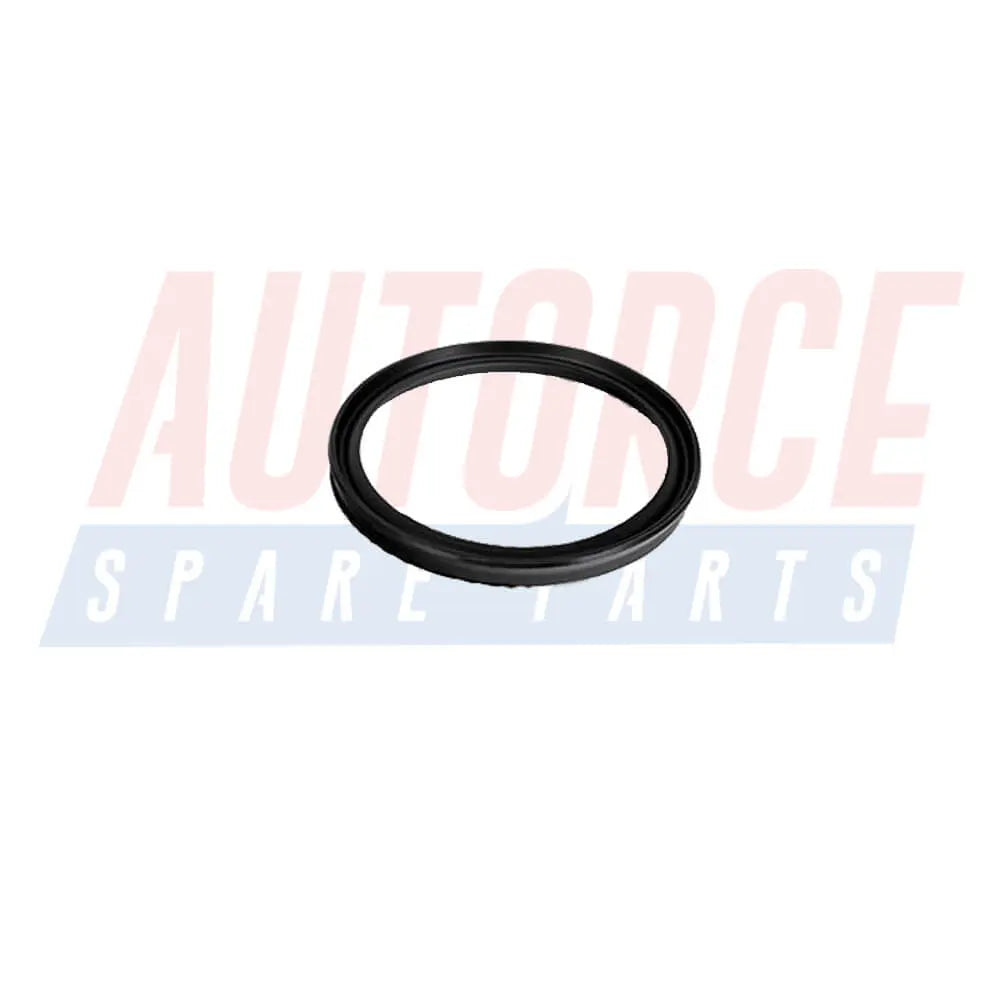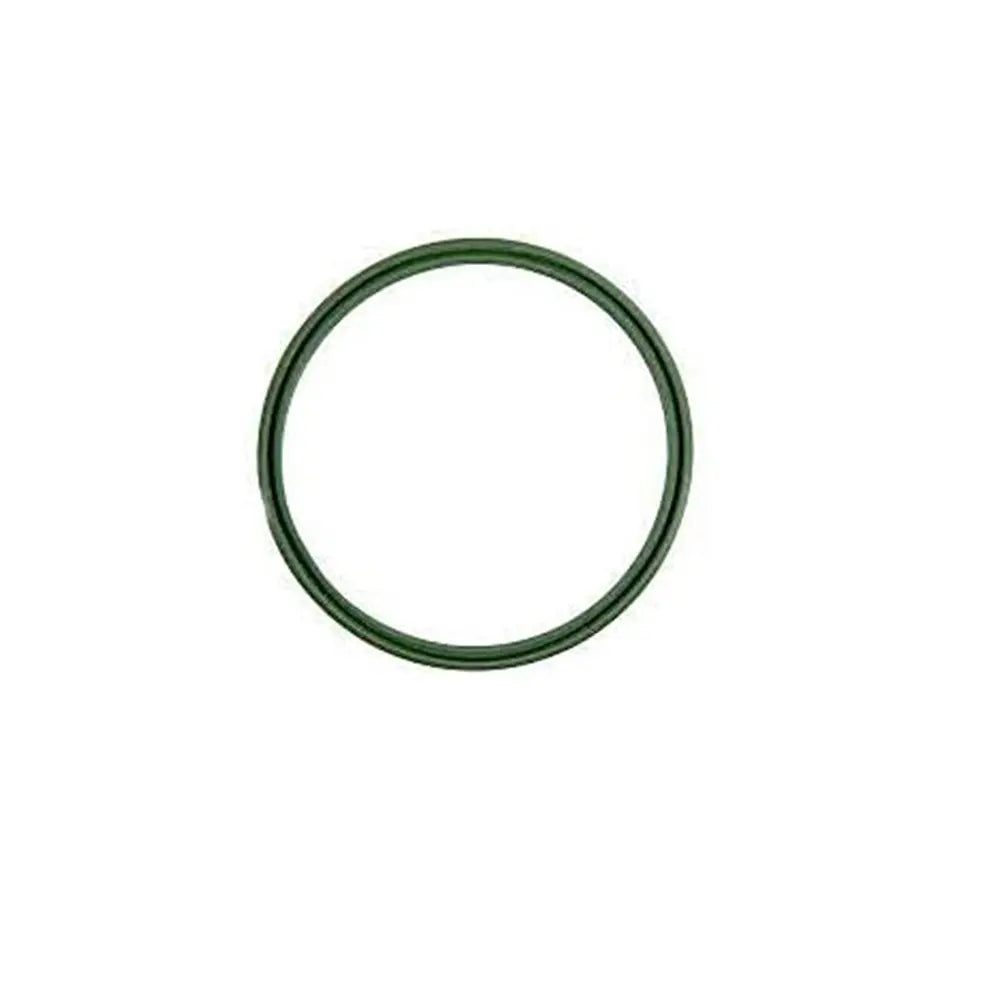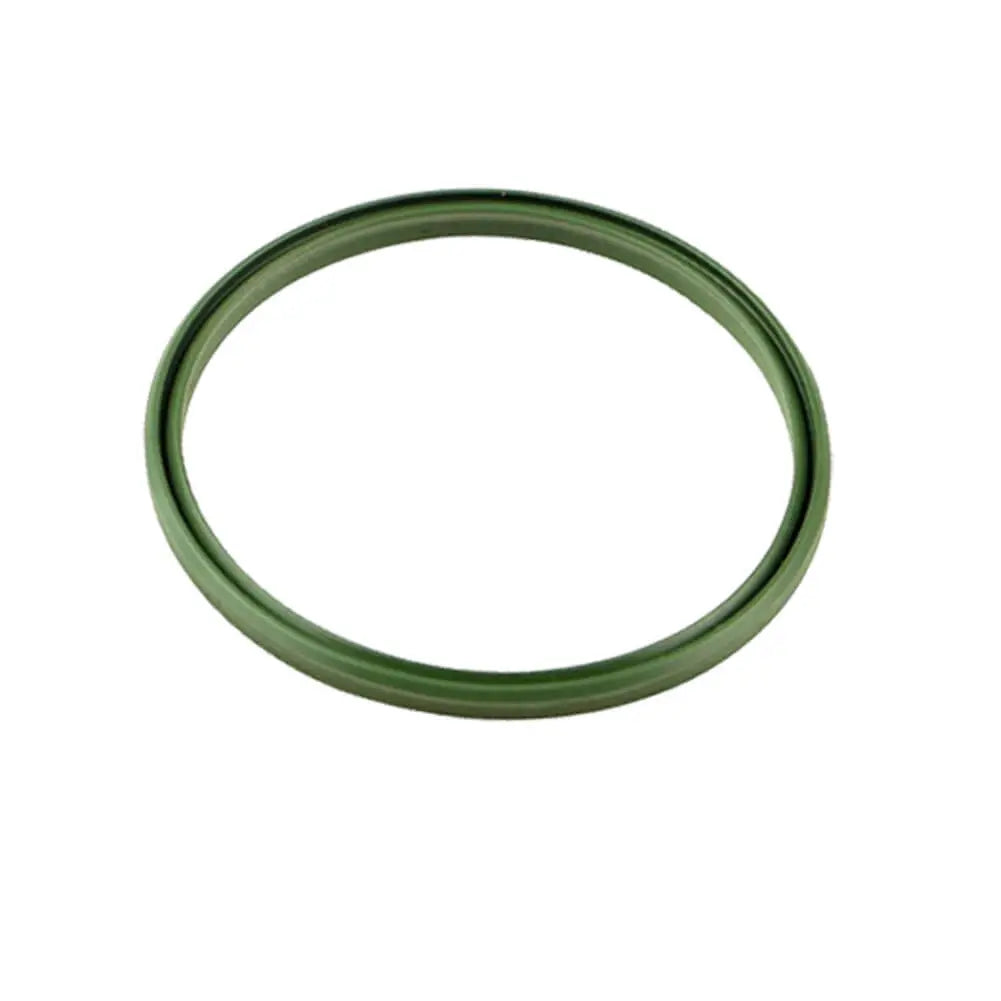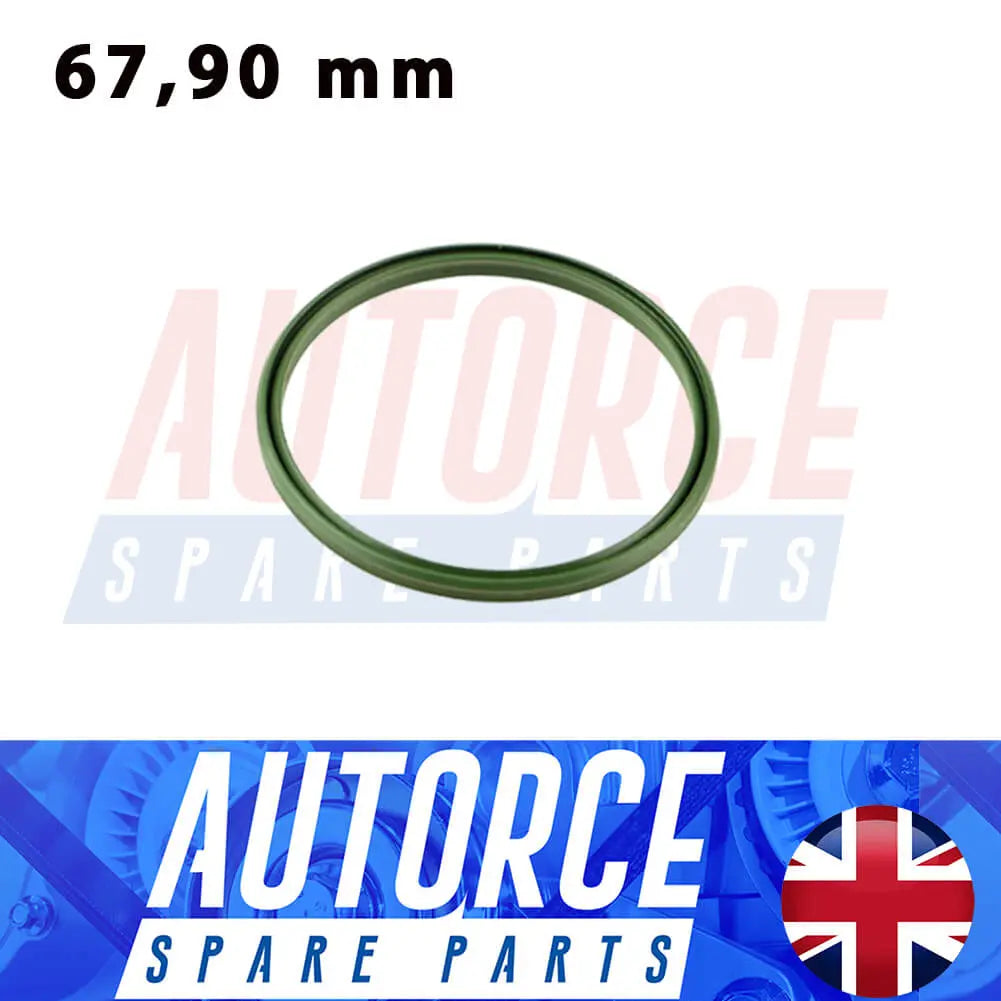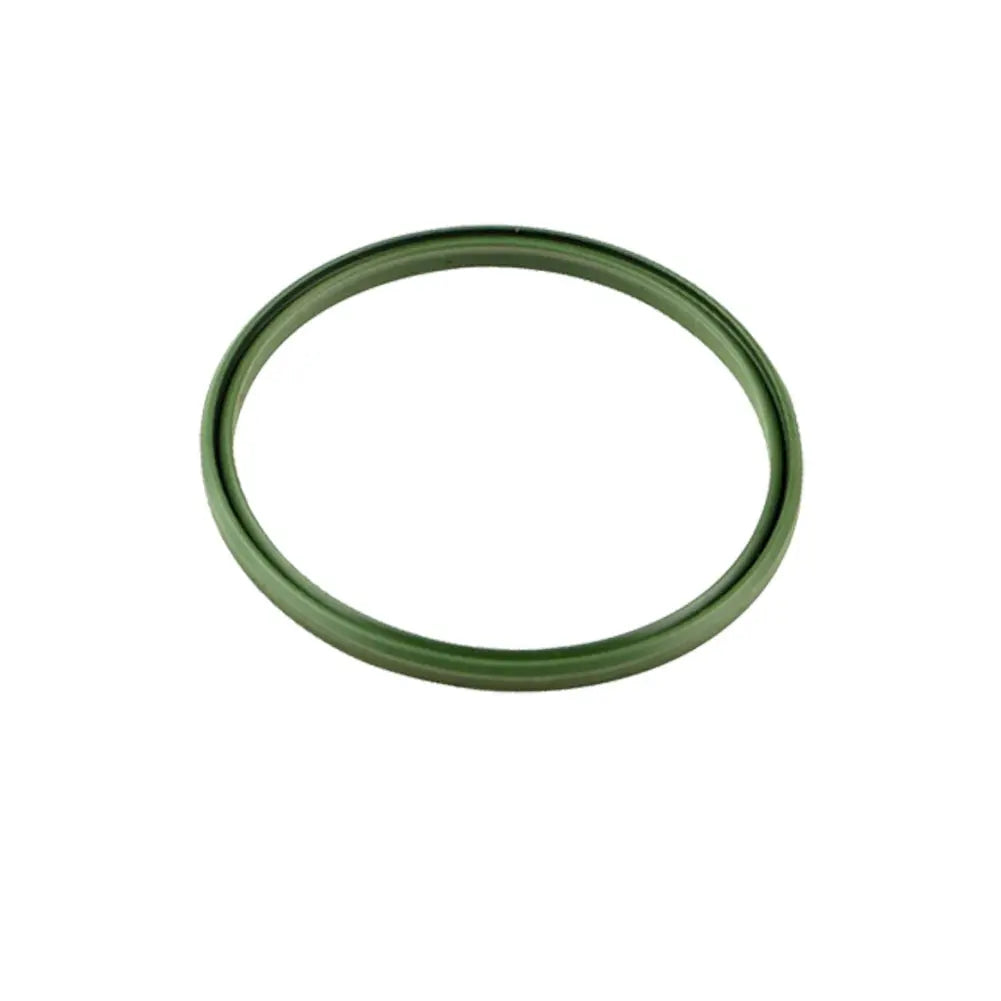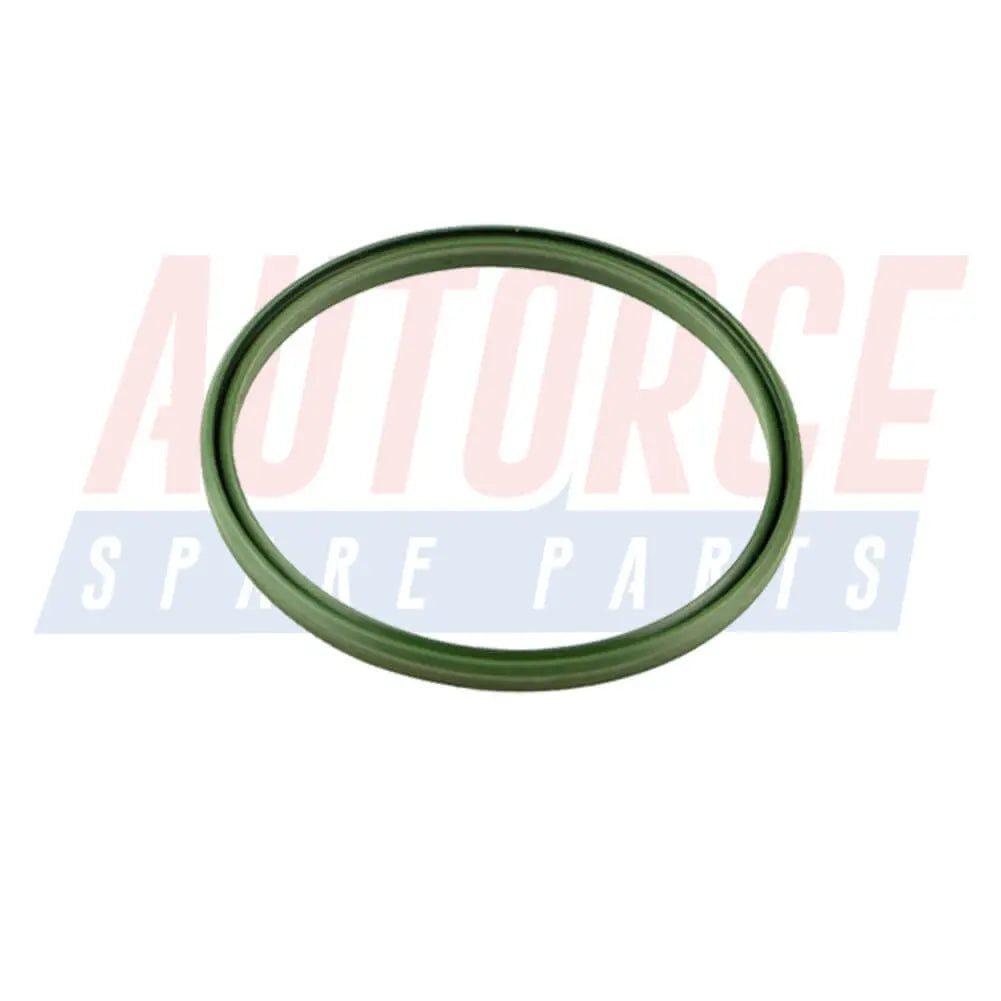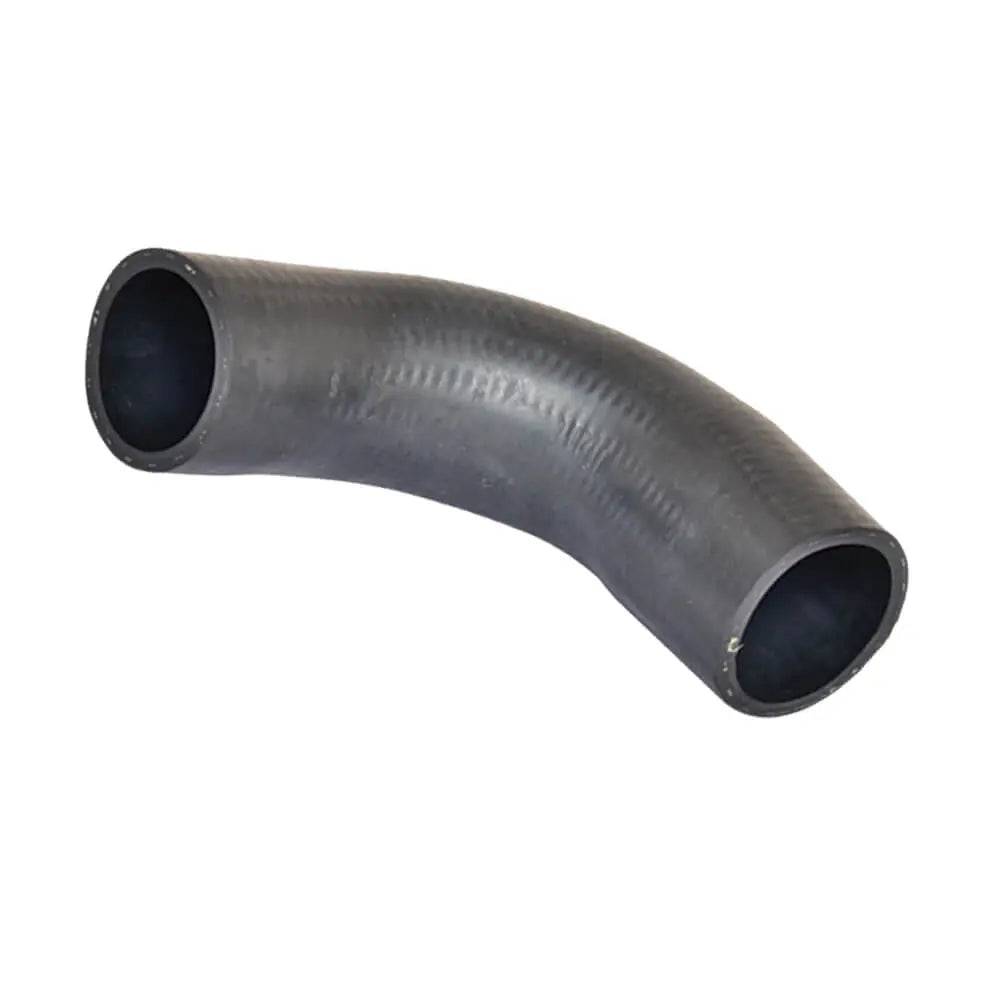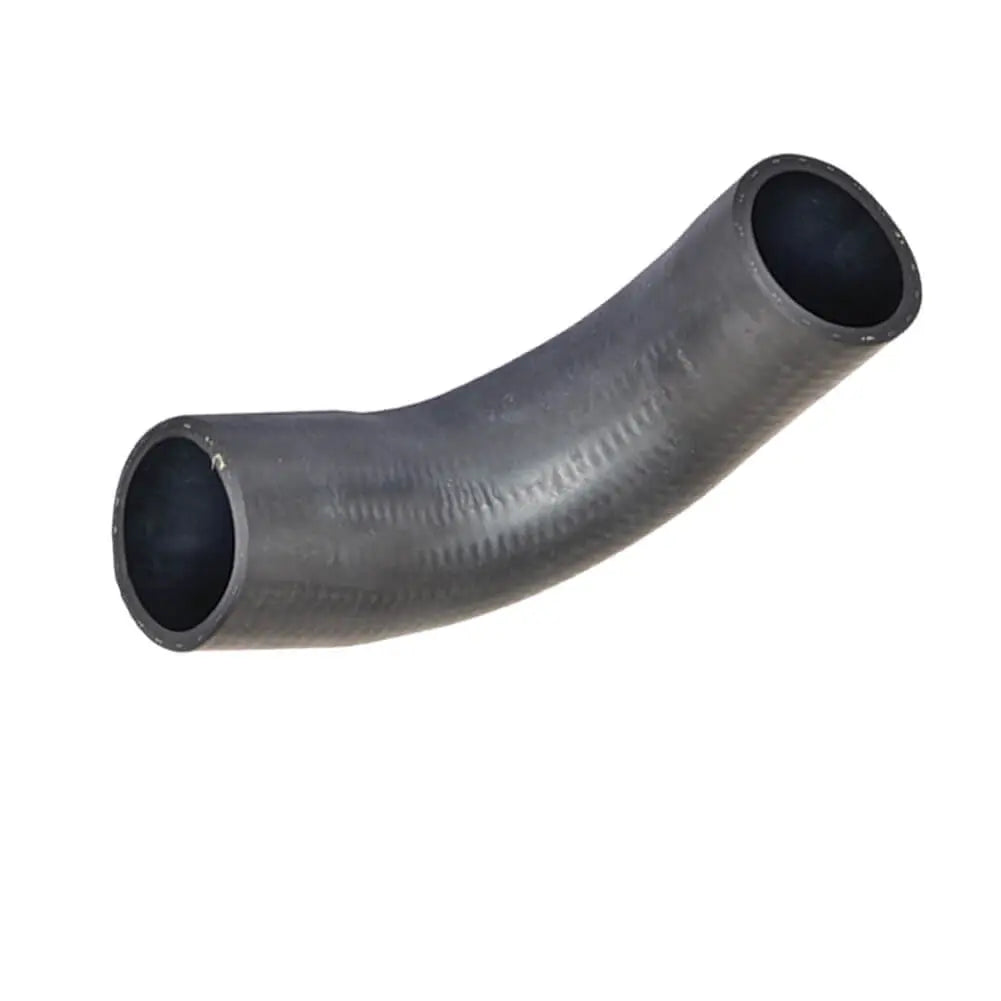Shop by Category
Seal, Turbo Air Hose
204 products
Showing 1 - 24 of 204 products
The Vital Role of the Turbo Air Hose in Your Car's Performance and Efficiency
In the world of automotive engineering, every component plays a crucial role in ensuring the smooth operation and efficiency of a vehicle. One such critical component is the turbo air hose, an essential part of the turbocharging system in modern cars. This article aims to shed light on the significance of the turbo air hose, its functions, and the importance of proper maintenance to ensure optimal performance.Understanding the Turbo Air Hose
The turbo air hose, often referred to as the intercooler hose or turbocharger hose, is a flexible conduit responsible for delivering compressed air from the turbocharger or supercharger to the vehicle's intake manifold. Turbocharging, a method of forced induction, improves an engine's performance by increasing the volume of air entering the combustion chamber, thereby enhancing power output and efficiency.Function and Importance
1. Air Delivery: The primary function of the turbo air hose is to deliver compressed air from the turbocharger or supercharger to the engine's intake manifold. The turbocharger, driven by exhaust gases, compresses ambient air and delivers it to the engine, where it mixes with fuel for combustion. Efficient air delivery ensures the engine receives an adequate air-fuel mixture, leading to improved performance.2. Temperature Reduction: During compression, the air temperature rises significantly. The turbo air hose also serves to transport the hot, compressed air to the intercooler, where it is cooled down before entering the engine. Lowering the air temperature increases air density, thus allowing more oxygen to enter the cylinders, resulting in better combustion and increased power output.
3. Pressure Regulation: The turbo air hose helps maintain optimal pressure levels throughout the intake system. A well-designed air hose ensures a smooth flow of compressed air, reducing the risk of pressure fluctuations that could lead to performance issues or damage to engine components.
Importance of Maintenance
Proper maintenance of the turbo air hose is crucial for the following reasons:1. Preventing Air Leaks: Over time, the turbo air hose may develop cracks, tears, or loose connections. Any air leak in this system can lead to a decrease in turbocharger efficiency, loss of power, and potentially harmful lean conditions. Regular inspection and replacement of worn-out hoses are essential to prevent air leaks.
2. Ensuring Optimal Performance: A well-maintained turbo air hose guarantees efficient air delivery to the engine, ensuring peak performance and fuel efficiency. Neglecting maintenance can result in a drop in engine power, decreased fuel economy, and increased emissions.
3. Prolonging Turbocharger Life: By delivering clean, cooled air to the turbocharger, the air hose reduces stress on the turbo's internal components. Regular maintenance prevents debris from entering the turbocharger, prolonging its lifespan and reducing the likelihood of costly repairs.
Seal for Car: Preserving Quality and Enhancing Performance
In the world of automobiles, every detail matters, and ensuring a vehicle's longevity and optimal performance is paramount. One often overlooked yet crucial component is the car seal. The seal plays a vital role in safeguarding the car's interior, preventing water and dust infiltration, reducing noise, and enhancing overall driving experience. In this article, we delve into the significance of a car seal, its different types, and how its proper maintenance can contribute to the well-being of both the vehicle and its passengers.The Purpose of Car Seals:
Car seals are protective barriers designed to prevent external elements from entering the vehicle and interior noise from escaping. They are placed strategically in various locations, such as doors, windows, trunks, and hoods, to ensure a tight and secure fit. By forming an airtight and watertight seal, these components act as guardians, shielding the car's occupants from adverse weather conditions and reducing noise pollution for a more serene driving experience.
Types of Car Seals:
1. Door Seals: Door seals are located around the vehicle's door frame and serve to maintain a secure closure. They are typically made from rubber or foam materials, providing flexibility and durability.
2. Window Seals: Window seals are essential for keeping windows firmly in place while safeguarding against water leaks and external debris. Made from rubber, they allow for smooth window operation while maintaining a protective barrier.
3. Trunk Seals: Trunk seals create a tight seal around the trunk or hatchback area, protecting the contents from rain, dust, and other environmental factors. These seals are often constructed using weather-resistant rubber.
4. Hood Seals: Hood seals are situated along the edges of the engine compartment's opening. They keep the hood securely in place and help maintain engine bay insulation while preventing water and dirt from entering.
5. Weatherstripping Seals: Weatherstripping seals are versatile components used to seal various parts of the car, including the sunroof, convertible tops, and more. They come in various shapes and materials, tailored to each specific application.
Maintaining Car Seals:
Regular maintenance of car seals is vital to ensure their longevity and effectiveness. Here are some tips for maintaining car seals:
1. Cleaning: Routinely clean the seals with mild soap and water to remove dust, grime, and debris. Avoid using harsh chemicals that could damage the rubber or foam.
2. Inspecting for Damage: Regularly inspect the seals for any signs of wear, tears, or cracks. Damaged seals should be promptly replaced to maintain the integrity of the seal.
3. Lubrication: Applying a small amount of silicone-based lubricant to the rubber seals can prevent them from drying out and cracking, especially in extreme weather conditions.
4. Avoiding Excessive Force: When closing doors, windows, trunks, or hoods, avoid using excessive force. Gentle and controlled closures help preserve the seals and their effectiveness.
The turbo air hose plays a pivotal role in a car's performance, optimizing power output, fuel efficiency, and overall engine health. It is essential for drivers and car owners to understand the significance of this component and prioritize its regular inspection and maintenance. By taking care of the turbo air hose, you can ensure that your car operates at its best, providing a smoother and more enjoyable driving experience for years to come.
Showing 1 - 24 of 204 products
Display
View


Turbo Intercooler Hose Repair Kit For Vauxhall Insignia 1.6 2.0 CDTI (2014 - 2017) - 13419441
Sale price£12.90
No reviews
Sold outSave £5.09
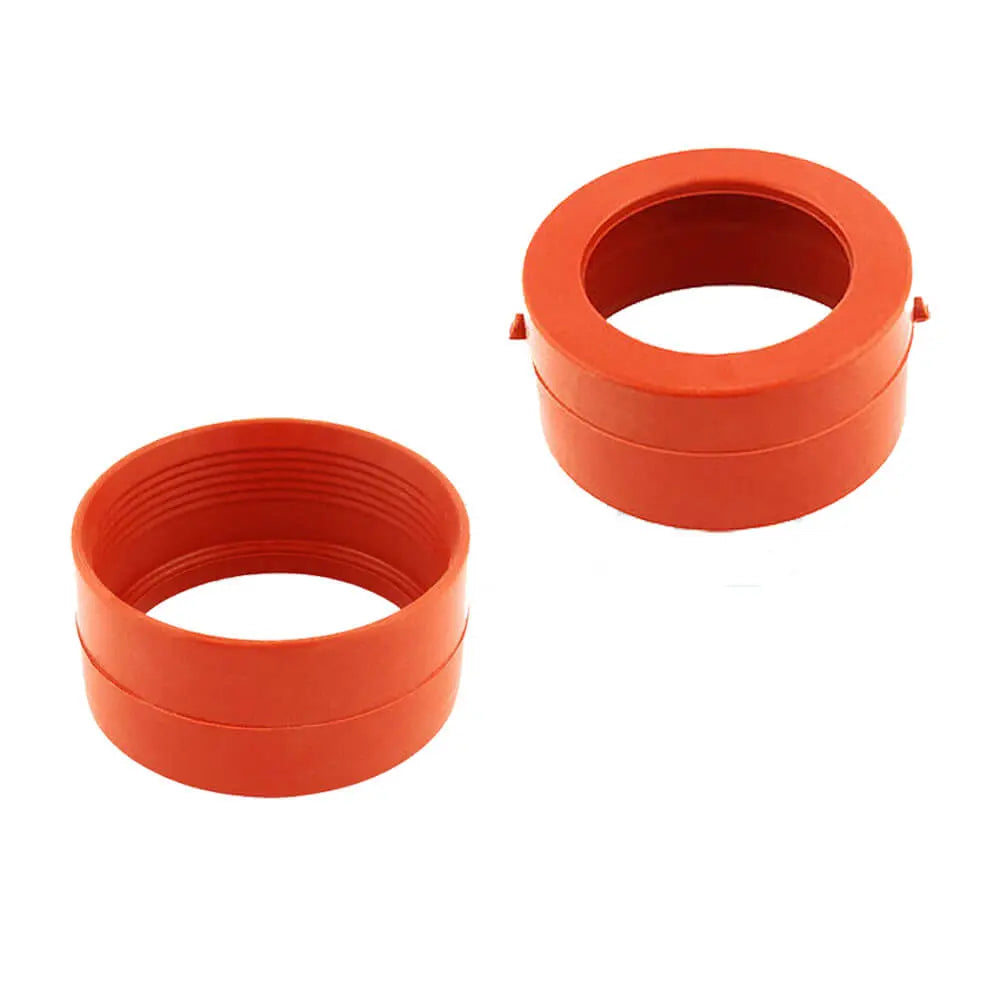
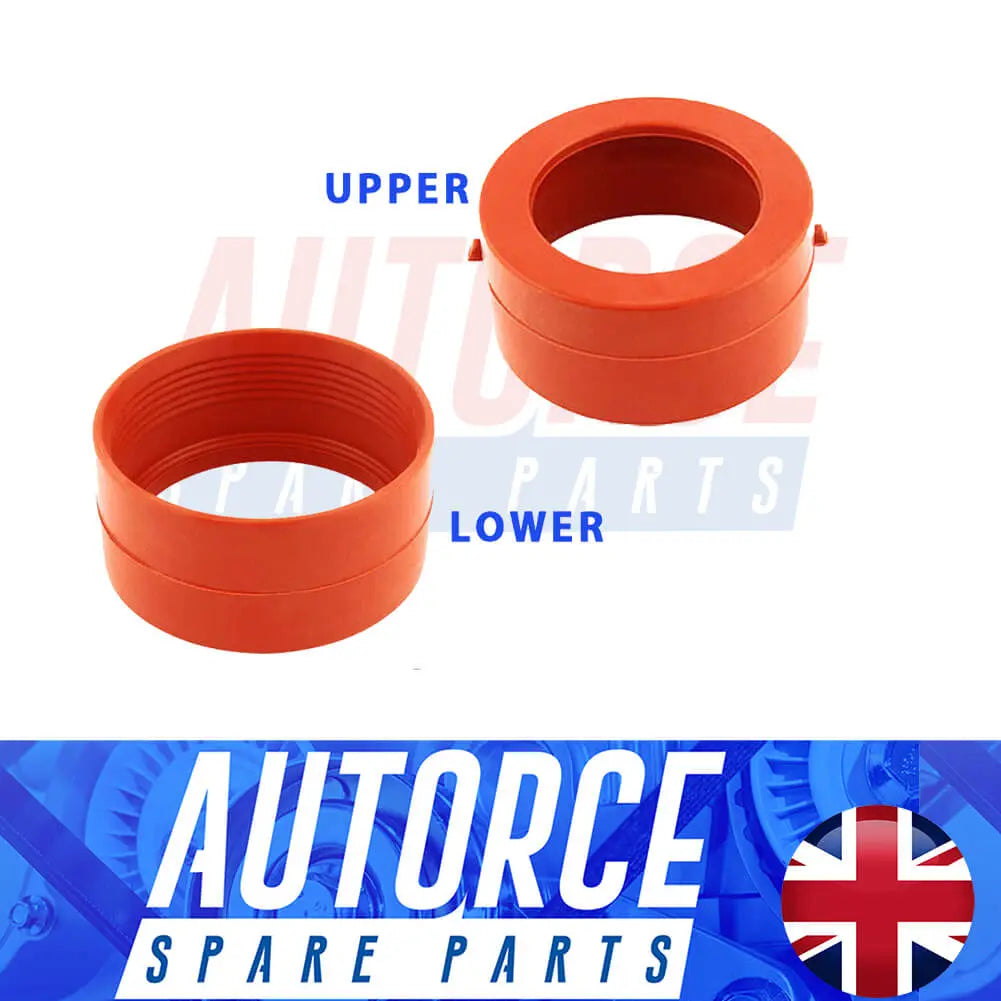
2 Pcs Engine Turbo Boost Pipe Seal Gasket Upper / Lower For Volvo V70 S60 XC70 V70 XC90 - 30778628, 30778629
Sale price£14.90
Regular price£19.99
No reviews
In stock
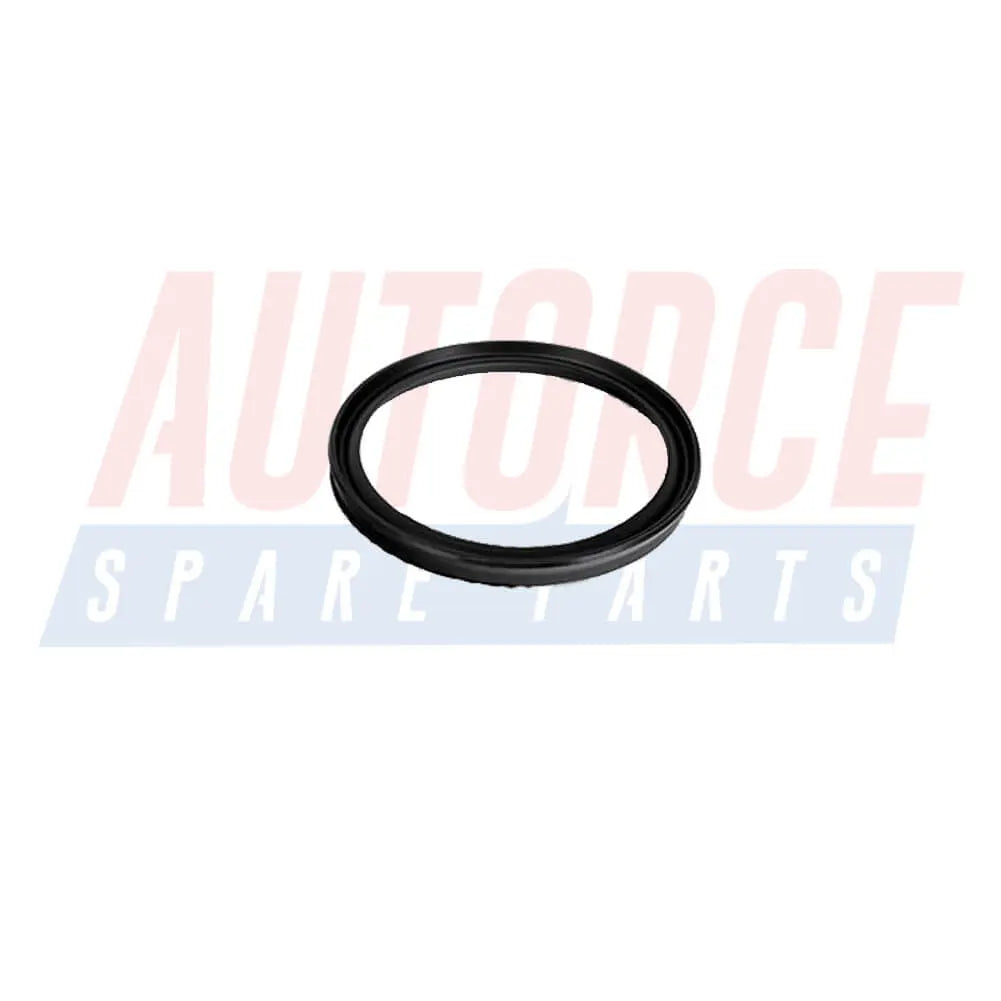
Turbo Intercooler Pipe Hose Seal For Mercedes A B Class CLA GLA - 0219976545
Sale price£5.90
No reviews
In stock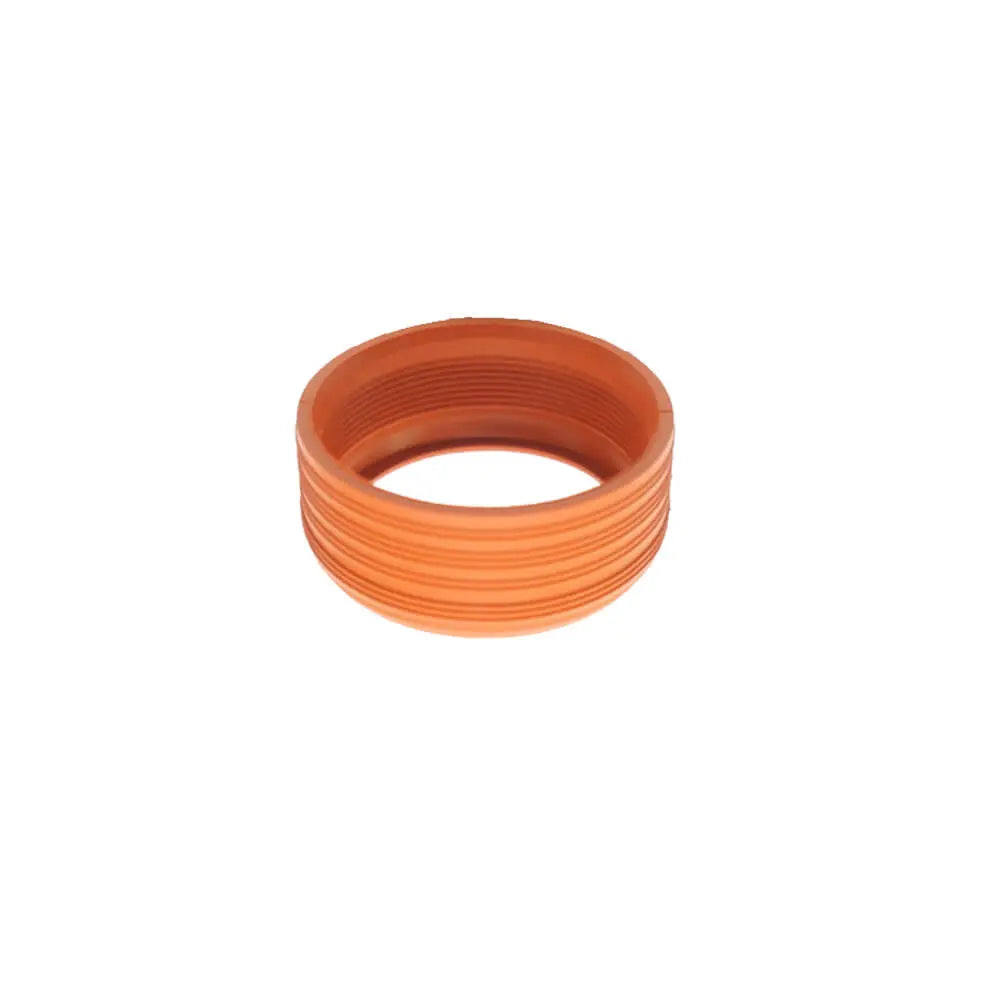
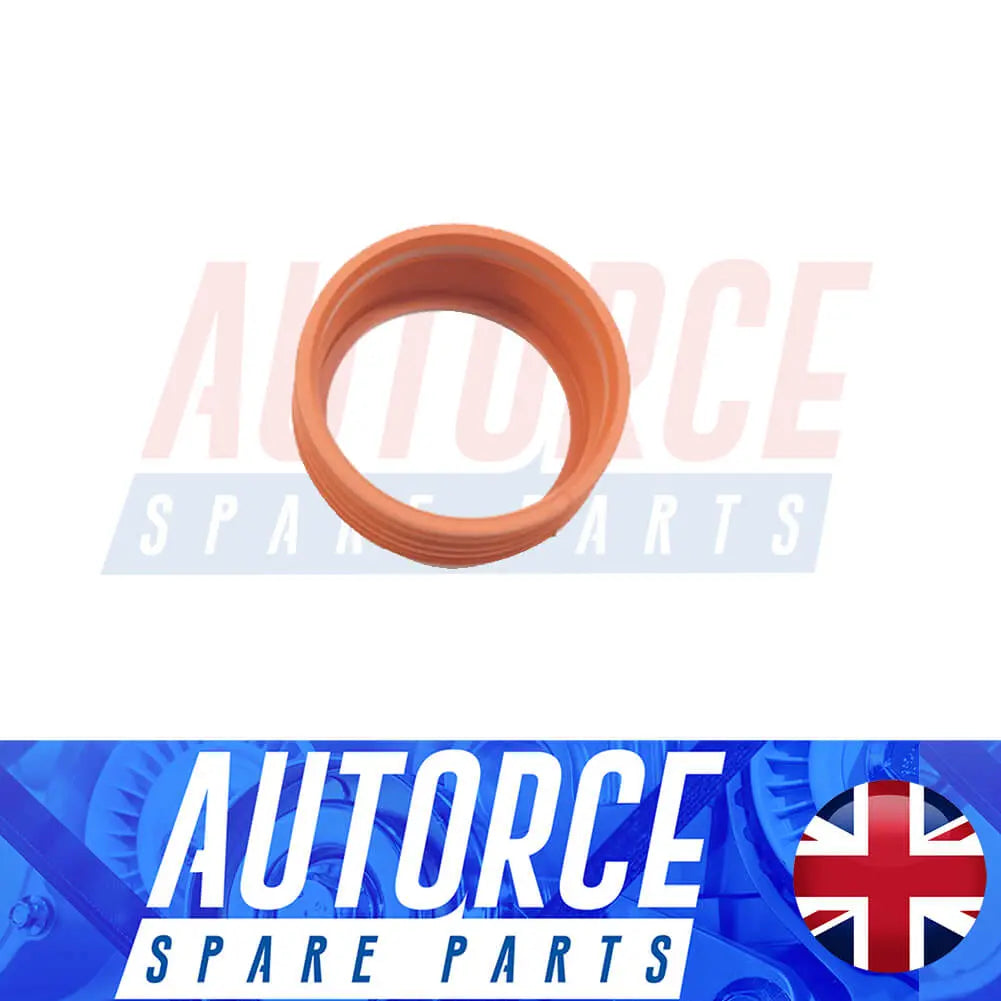
Air Filter Pipe Gasket For Mercedes Sprinter Vito Diesel - 0179970445
Sale price£9.90
No reviews
Hurry! Stock running out!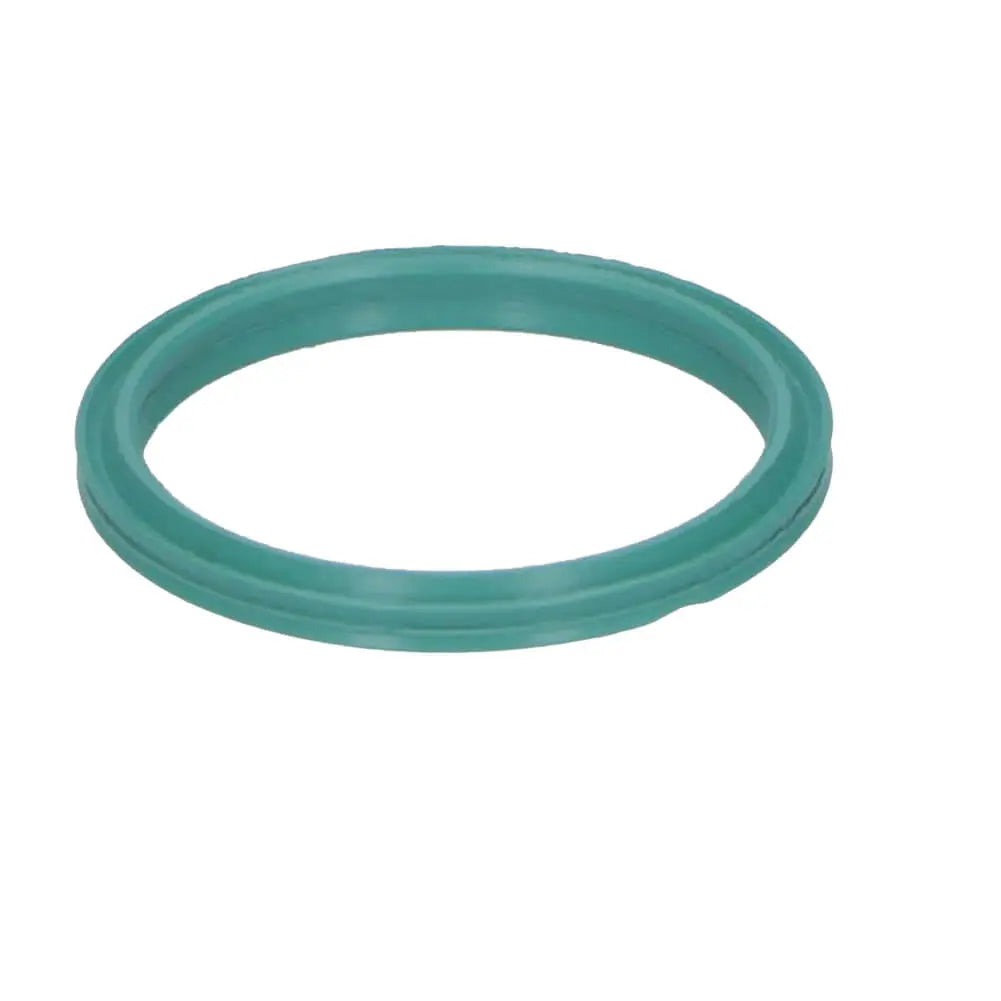
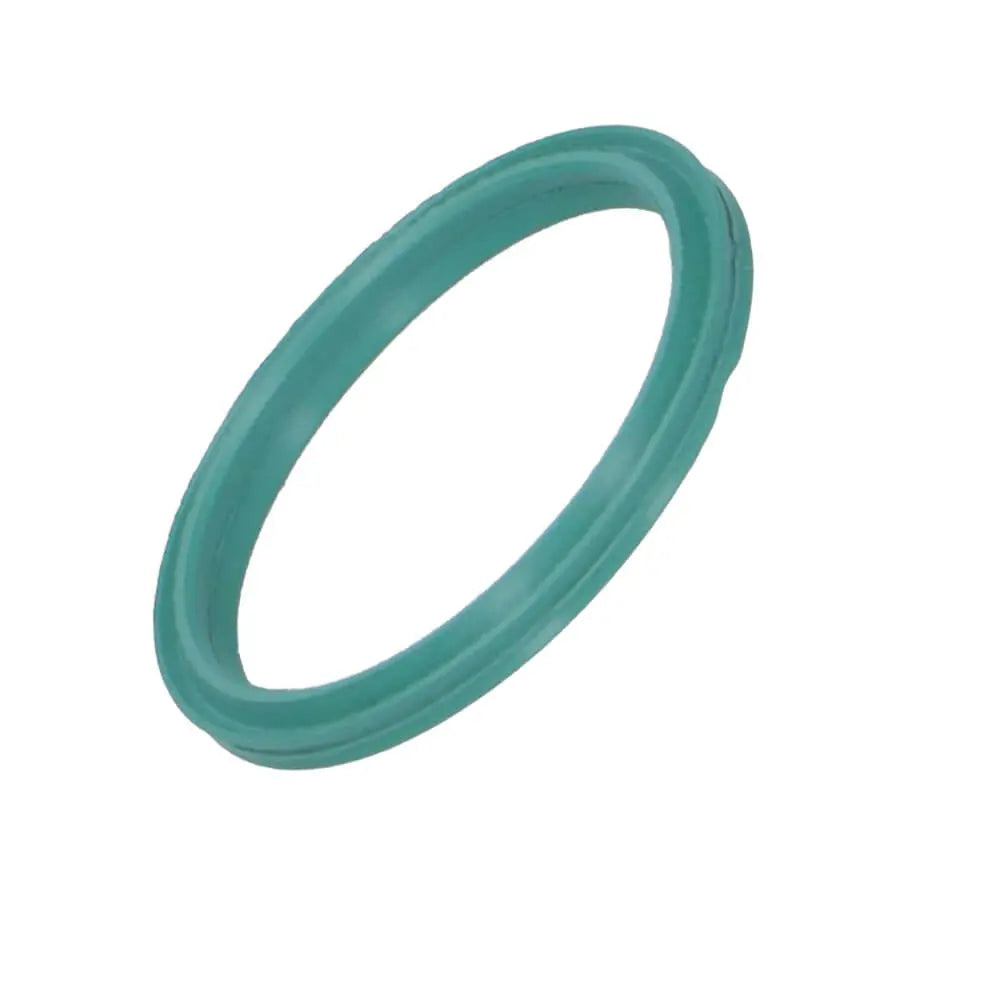
Turbo Hose Gasket For Nissan Primastar NV400 (2006 - Onwards) 7701066088, 4431531
Sale price£7.90
No reviews
Sold out

4 Pcs Intercooler Turbo Hose Pipe Seal O‑ring Gasket 61,90 Mm For VW Transporter Caddy - 3C0145117H, 1J0145117A
Sale price£15.99
No reviews
Hurry! Stock running out!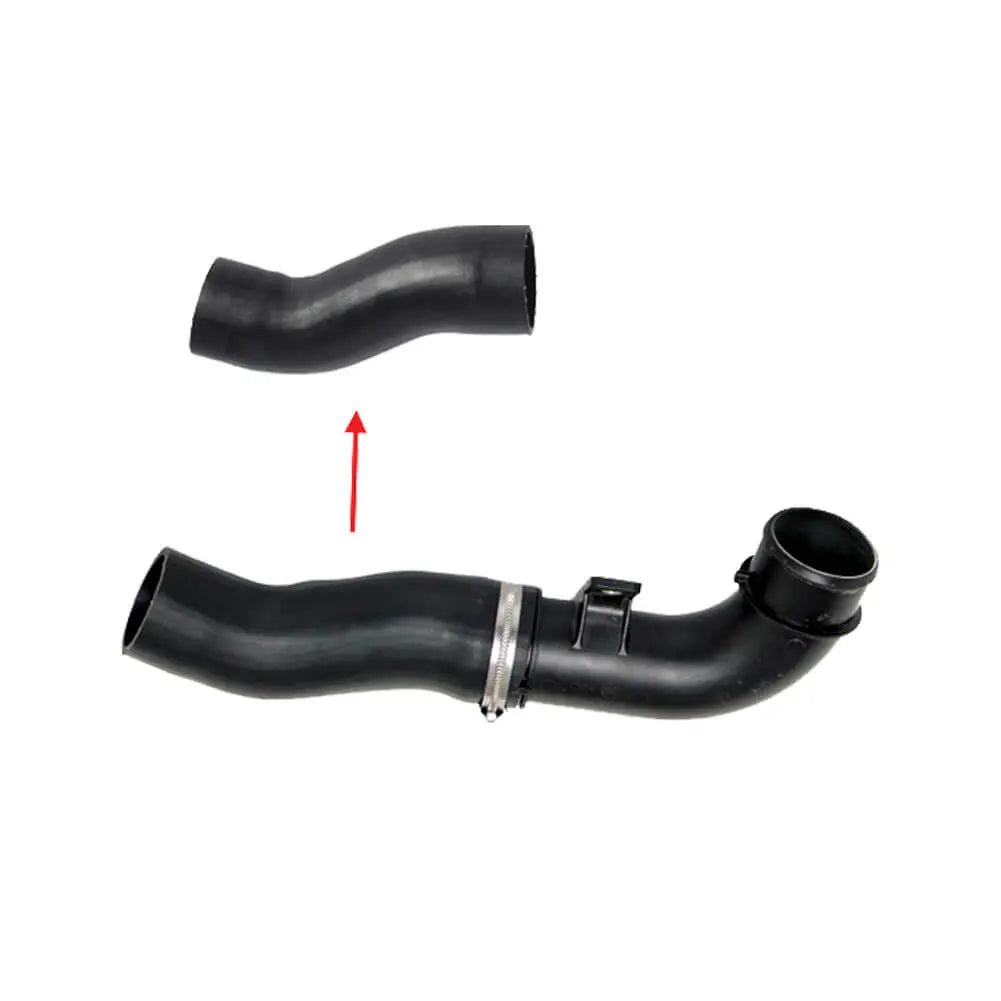
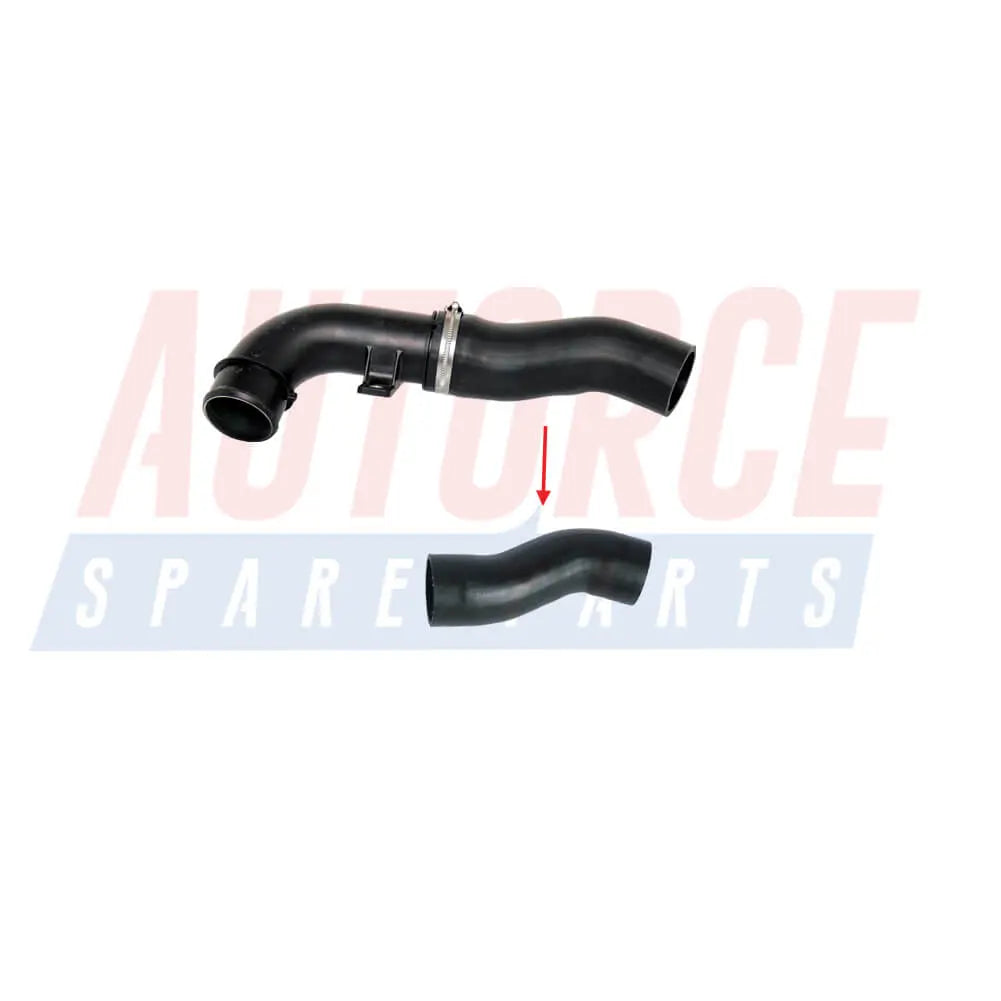
Intercooler Turbo Hose Pipe For Fiat Ducato Multijet 2 3 D 4x4 (2006 - Onwards) 1344787080, 0382.LK
Sale price£23.90
No reviews
Hurry! Stock running out!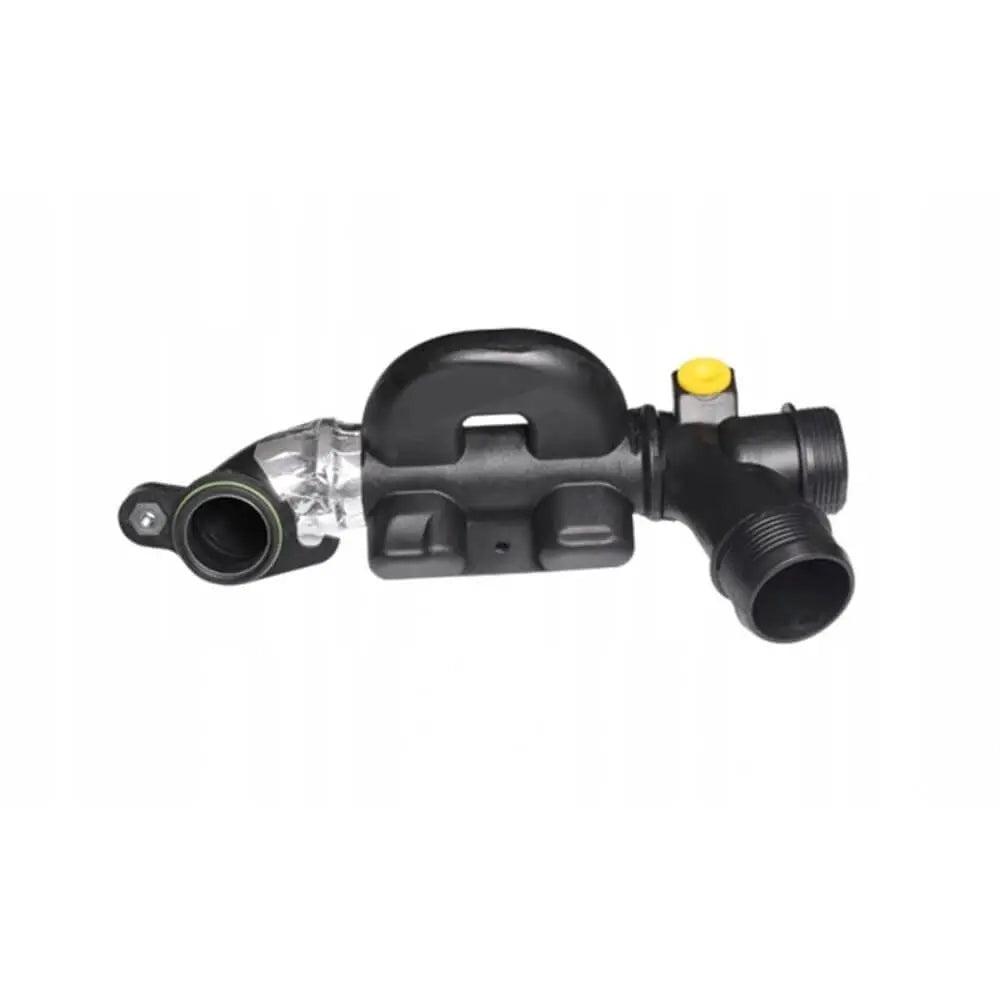
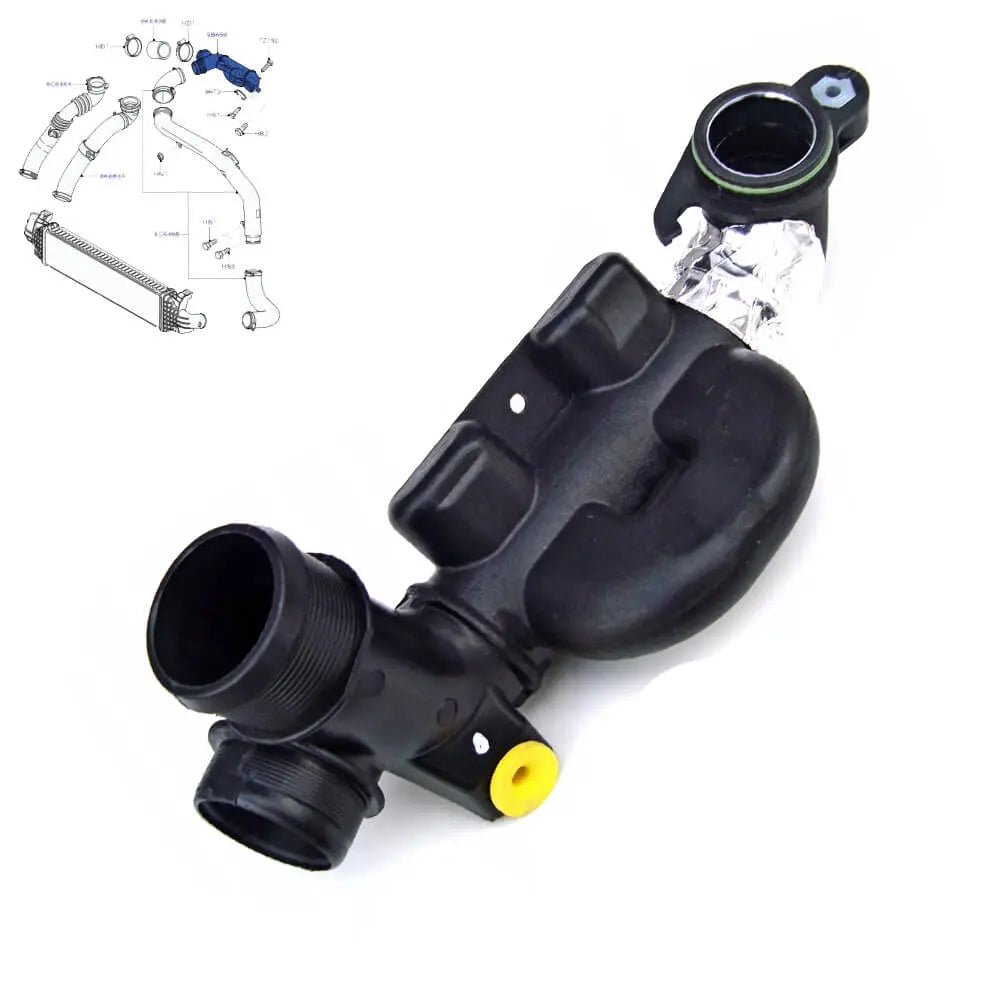
Turbo Intercooler Manifold Silencer Hose Pipe For VOLVO S40 S80 V50 V70 C30 (1.6 D, 1.6 D DRIVe) 31219084, 5M5Q9F764AB
Sale price£29.90
No reviews
Hurry! Stock running out!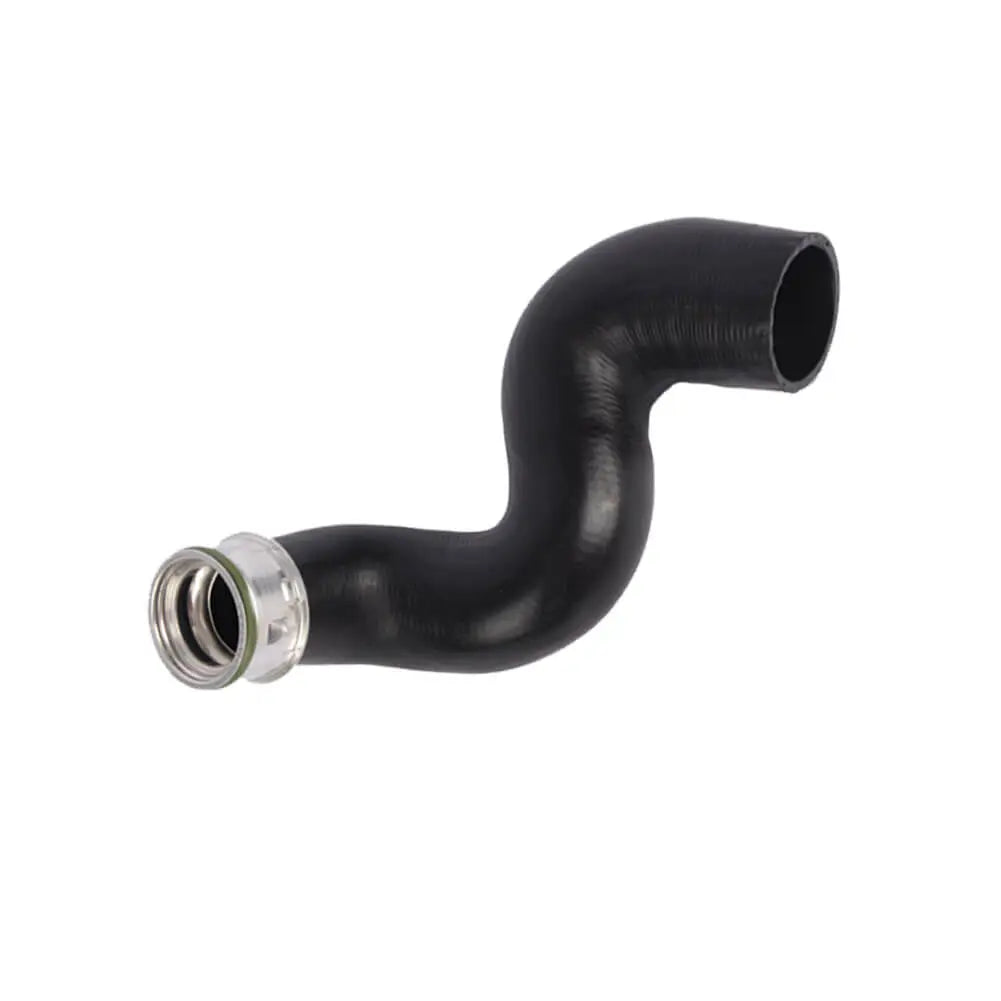
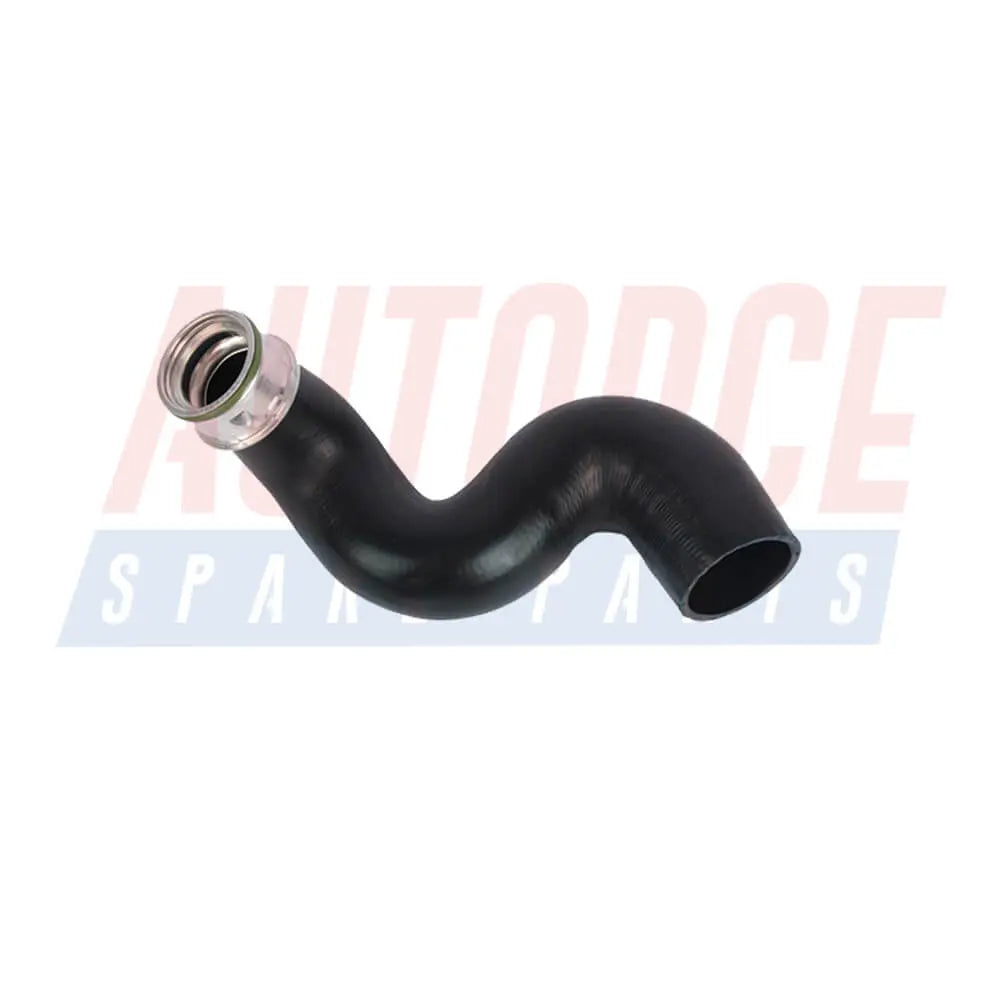
Turbo Intercooler Hose Pipe For Audi A4 B6 B7 1.9 TDI, 2.0 TDI - 8E0145834AR, 8E0145834AQ
Sale price£24.90
No reviews
In stock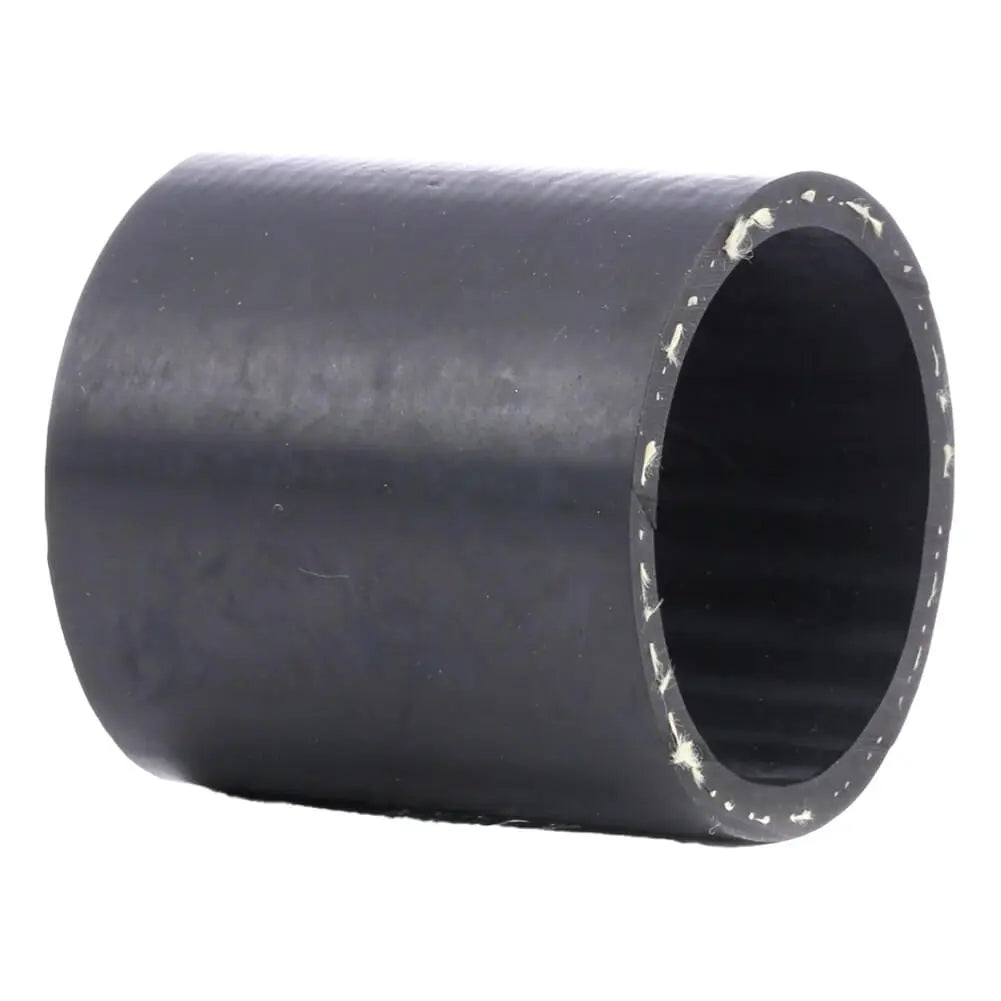
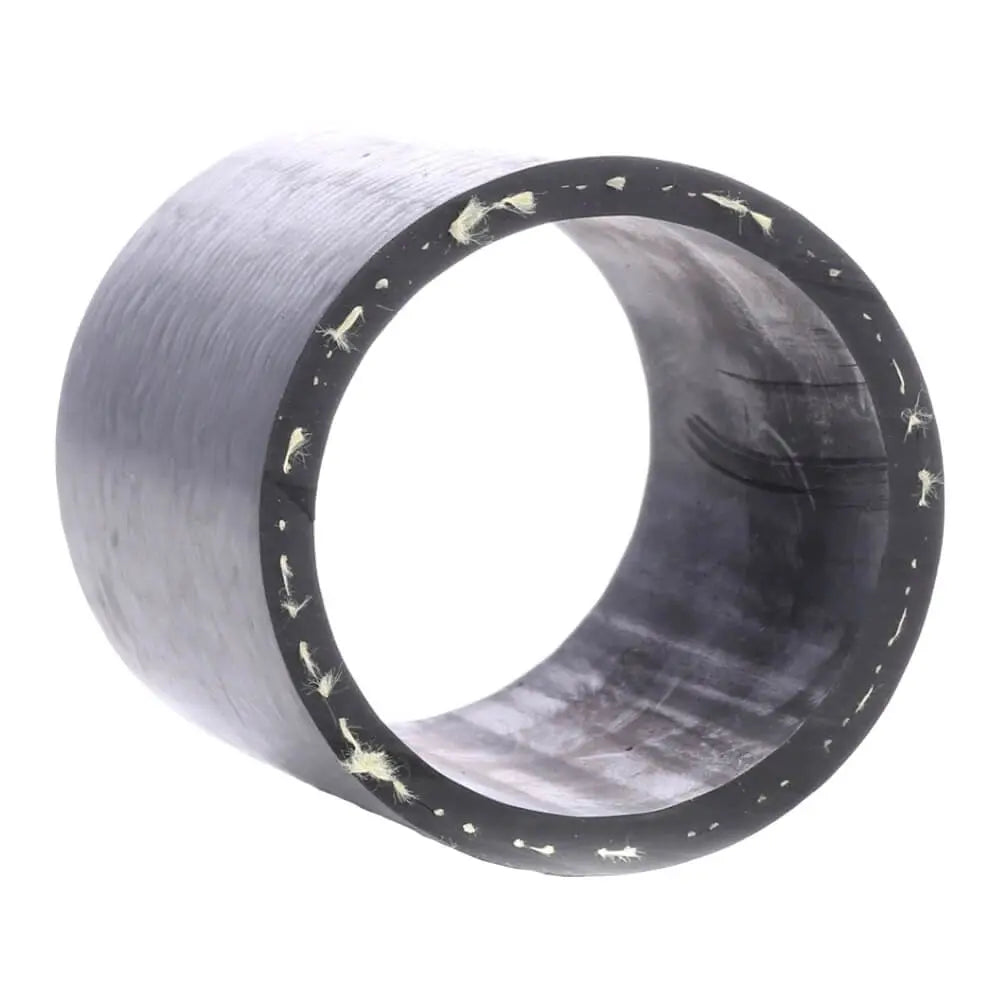
Turbo Intercooler Hose Pipe For VW Golf Mk3 Passat Vento 1.9 TDI (1993 - 2000) 1H0145834J
Sale price£7.00
No reviews
Sold out
Filters (0)


